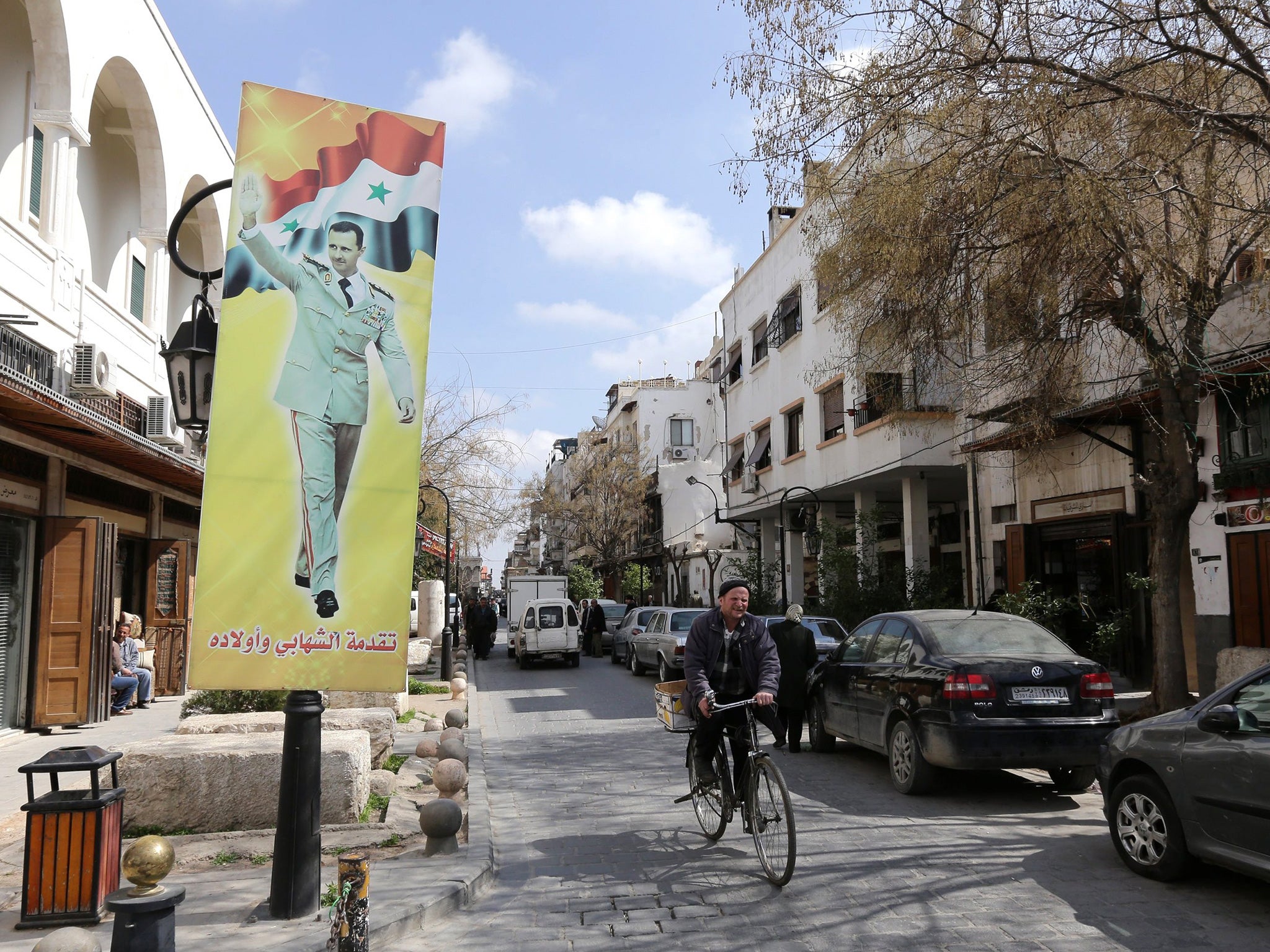Syria revolution four years on: UN's credibility on line as humanitarian aid fails to appear
A resolution approved unanimously in December extended cross-border deliveries to rebel-held areas, but aid groups say diplomacy has not translated into action

Your support helps us to tell the story
From reproductive rights to climate change to Big Tech, The Independent is on the ground when the story is developing. Whether it's investigating the financials of Elon Musk's pro-Trump PAC or producing our latest documentary, 'The A Word', which shines a light on the American women fighting for reproductive rights, we know how important it is to parse out the facts from the messaging.
At such a critical moment in US history, we need reporters on the ground. Your donation allows us to keep sending journalists to speak to both sides of the story.
The Independent is trusted by Americans across the entire political spectrum. And unlike many other quality news outlets, we choose not to lock Americans out of our reporting and analysis with paywalls. We believe quality journalism should be available to everyone, paid for by those who can afford it.
Your support makes all the difference.Four years after shots fired at protesters in the Syrian city of Deraa started a civil war, more than 200,000 lives have been lost. Now, anger at the UN Security Council’s failure to secure desperately needed humanitarian aid threatens the organisation’s credibility.
Today United Nations Secretary-General Ban Ki-moon joined a chorus of disapproval at the inability of the Council’s five permanent members – China, Russia, France, Britain and the US – to implement three resolutions passed last year to boost humanitarian assistance to Syrian civilians.
Within Syria, some 7.6 million people have been displaced by the war between rebels and the government forces of Bashar al-Assad. Another 3.9 million fled – mostly to Turkey, Lebanon and Jordan. In a statement, Mr Ban said a lack of accountability within Syria had led to an “exponential rise in war crimes, crimes against humanity and other human rights violations”.
He said: “Each day brings reports of fresh horrors: executions, widespread arbitrary arrests, abductions and disappearances as well as systematic torture in detention; indiscriminate bombardment of civilian areas, including with barrel bombs; siege and starvation tactics; use of chemical weapons, and atrocities committed by Daesh [Isis] and other extremist groups.”
Mr Ban described the world’s obligation to the Syrian people to ensure that war crimes committed over the past four years do not go unpunished. “The Security Council has in the past shown its ability to act,” he said. “I call upon the Security Council to take determined measures to resolve this crisis and the way forward. We cannot shirk this collective responsibility.”
The crisis spurred the Security Council to pass the three resolutions aiming to increase humanitarian aid. The latest resolution, approved unanimously in December, extended cross-border aid deliveries to Syrians in rebel-held areas without approval from Damascus.
But the aid groups say diplomacy has not translated into action. “The bitter reality is that the Security Council has failed to implement its resolutions,” said Jan Egeland, secretary general of the Norwegian Refugee Council. “Parties to the conflict have acted with impunity and ignored the Security Council’s demands, civilians are not protected and their access to relief has not improved.”
In its 27-page report, “Failing Syria”, a coalition of aid groups said the number of people in need in hard-to-reach areas has nearly doubled in the past year to 4.8 million. Funding, meanwhile, has not kept pace with demand. In 2013, 71 per cent of the funds needed to support Syrians displaced in the country, as well as refugees, were provided. Last year, only 57 per cent of the necessary funds were granted, the groups said. And humanitarian organisations are finding it hard to alleviate the plight of civilians caught up in the conflict.
Before the conflict, 2,500 doctors worked in Aleppo, Syria’s second-biggest city, but Médecins Sans Frontières (MSF) estimates fewer than 100 remain. “Our organisation should be running some of the largest medical programmes in its 44-year history,” Dr Joanne Liu, MSF’s international president, said. “But it’s not. And the question is, why not?”
Join our commenting forum
Join thought-provoking conversations, follow other Independent readers and see their replies
Comments